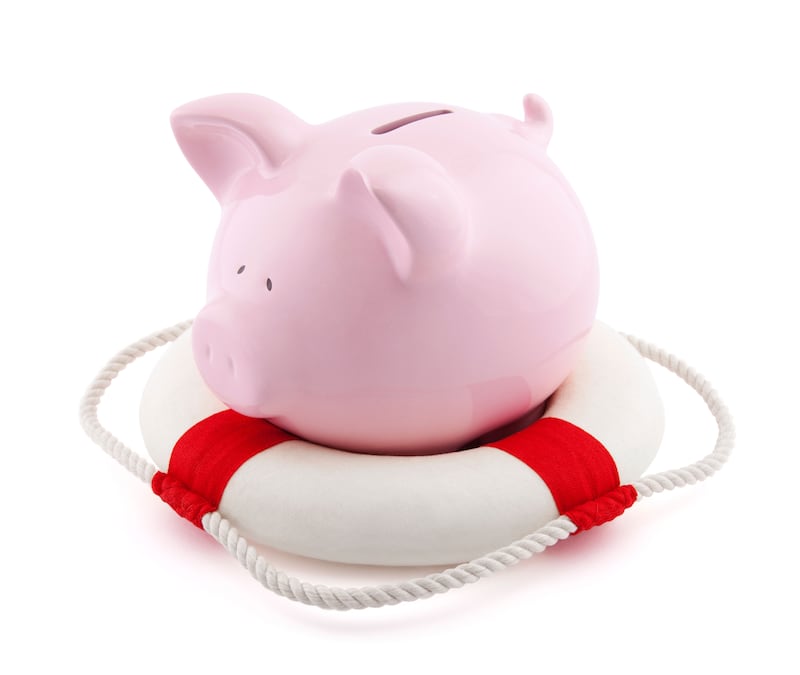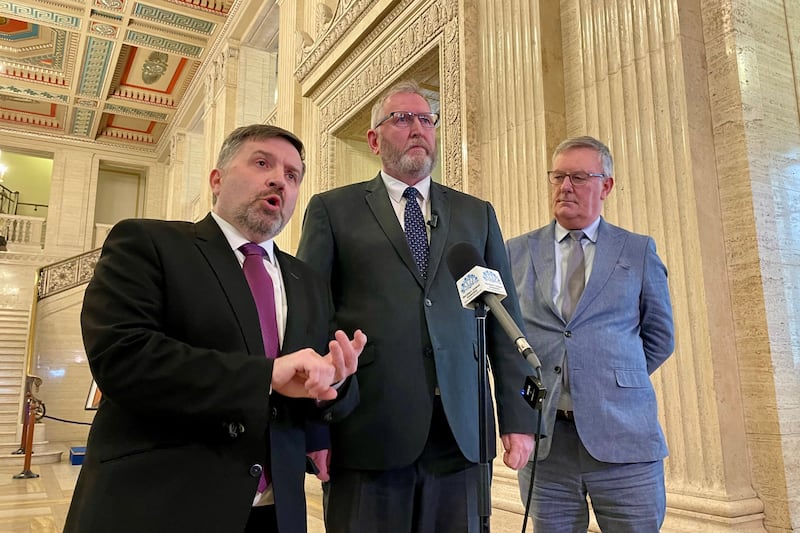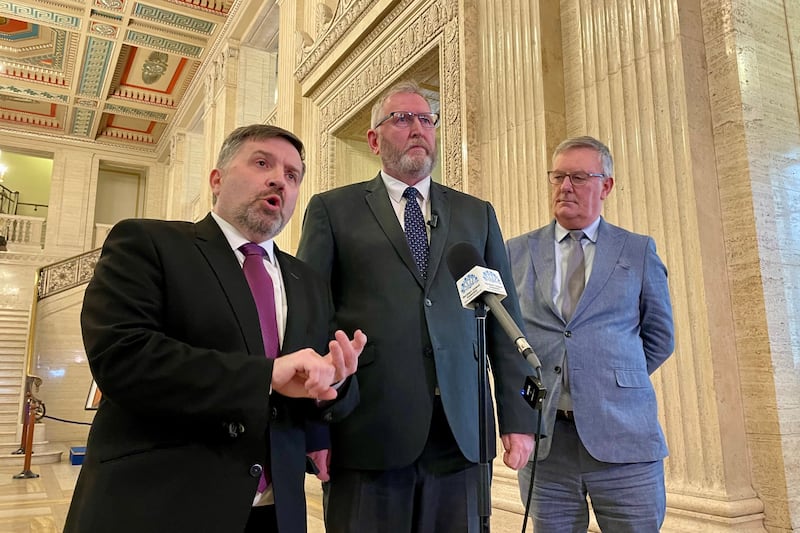Life often costs more when you’re single, making rises in bills even tougher to absorb.
Some 8.3 million people across the UK were living alone in 2022, according to Office for National Statistics (ONS) figures.
More than half of the total was made up of 4.4 million women, while 3.9 million men were also living alone.
A recently-released Family Resources Survey from the ONS also found that, in the financial year 2022/23, among single working-age adults with no children, nearly a third (32%) of men and 27% of women reported either no savings or investments.
Lone parents were also particularly likely to have less than £1,500 in savings according to the ONS research – 45% reported this level of savings and a further 36% reported having no savings.

Shona Lowe, financial planning expert at abrdn says it’s no surprise the extra costs are sometimes dubbed the “singles tax”.
Here, Lowe shares some tips to help make some savings:
1. Keep tabs on your money.
Lowe suggests putting time aside each month to check bank statements.
“The main source of income for many will be their employment, but it could also include refunds and payments from friends where you picked up the bill,” says Lowe.
“Making sure everything is there that should be is the foundation for the rest of your financial decision-making.”
When looking at regular payments, such as subscriptions, make sure you understand how often they come out, whether it’s monthly, quarterly or annually.
“Understand what expenditure is essential for you and what is optional,” says Lowe.
“This is about prioritising and will help you to choose an amount you can realistically afford to save each month, and set yourself a specific goal that will allow you to measure your progress and check if you’re on track.”

If you really don’t want to ditch a subscription, there might be ways to make it cheaper. For example, some gyms offer discounts for NHS workers. Or it might be more cost-effective to take out an annual subscription rather than paying monthly.
Lowe says going through payments should be treated “as an essential element of your monthly self-care routine”.
To make the process simpler, she says: “There are lots of free money-management apps you can download that could be a convenient and powerful way to track your saving and spending habits and think about money in the right way. Alternatively, some current account providers offer useful online tools to keep tabs on your spending, so it’s worth seeing what’s on offer.”
2. Understand your tax position.
The new tax year has just got underway, and Lowe says: “Part of understanding your income means understanding your tax code, which determines how much of your income will be free from tax.”
People can check how to claim a tax refund at GOV.UK.
Lowe adds: “If you’ve underpaid, you want to sort that out as quickly as possible so that you don’t build up a large tax bill.”

3. Get discounts and support.
Lowe suggests those living in a single-person household make sure they are getting any council tax discounts they’re entitled to.
She also suggests considering a water meter to “help you stop flushing money down the drain”.
People will need to weigh up the pros and cons of water meters to decide what’s right for them.
Water companies also offer social tariffs for eligible customers, to help reduce their water bills. You could find out more by contacting your company.
Some people living alone may also be particularly vulnerable if they have extra communication, access or safety needs.
The Priority Services Register (PSR) is free to join and helps utility firms such as energy suppliers, electricity, gas and water networks to support customers.

4. Club together with friends.
“While there are lots of deals out there that cater to couples, some brands have either added additional options for singles, or offer the ability to use couples deals with friends,” says Lowe.
She highlights the Two Together railcard as an example. Some holiday firms will also offer solo traveller discounts.
Businesses such as retailers and gyms will also sometimes offer discounts for introducing a friend.
5. Take advantage of top-ups and allowances.
Lowe says top-ups and tax allowances “can play a big part in making your money work harder for you”.
She suggests getting to grips with workplace pensions and making the most of employer contributions as well as tax relief.
If you’re saving for a first home, the Lifetime ISA, which comes with a government bonus, could give you a helping hand onto the property ladder.
ISAs generally are ring-fenced from tax, helping money saved into them to grow.
Lowe adds: “Taking these simple saving steps can give you ‘free’ money so if they’re right for you, don’t miss out.”

6. Be ready for emergencies.
“No-one is immune from unwelcome surprises when it comes to finances and if you’re footing the bill solo, it’s even more important not to get caught out,” says Lowe.
“Ensuring you have an emergency savings buffer to fall back on is really important.”
She adds: “When choosing where to put your emergency savings, consider what else you might need from your account, like unlimited or flexible withdrawals, easy access and online banking.”








